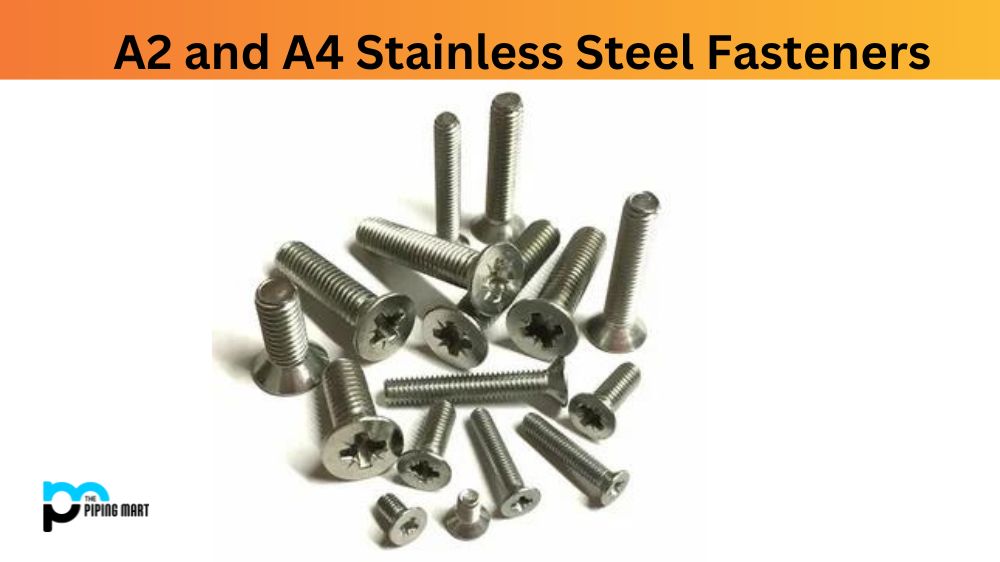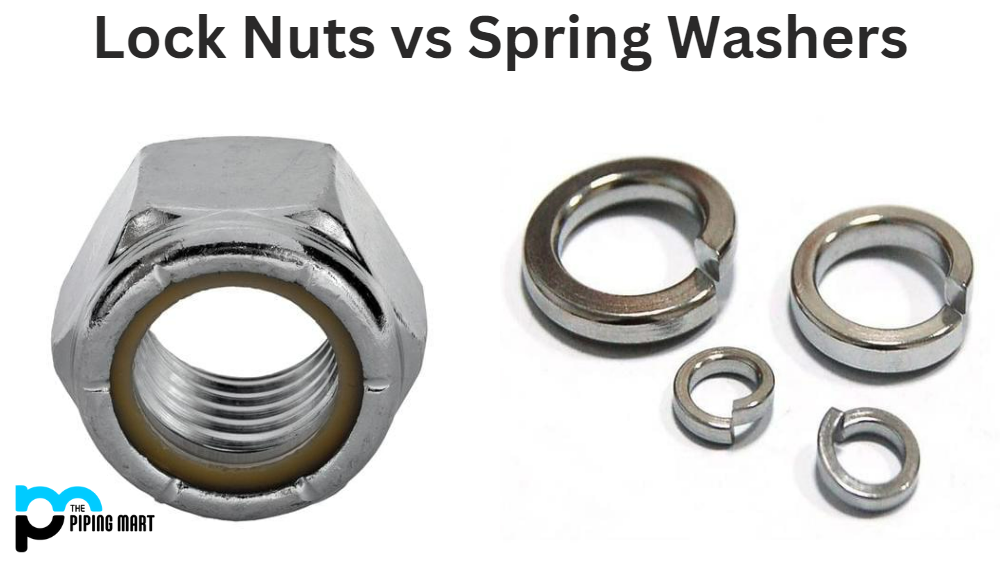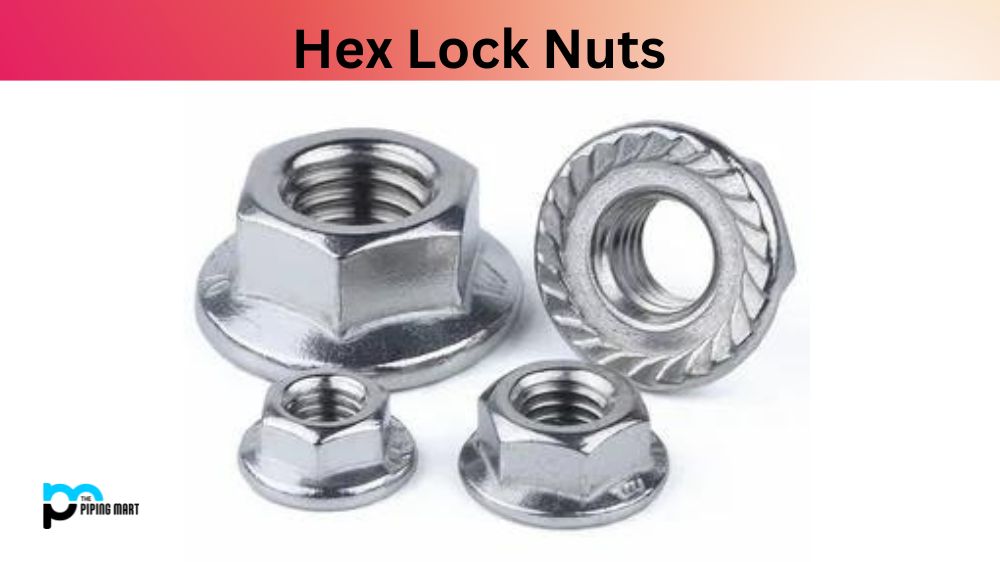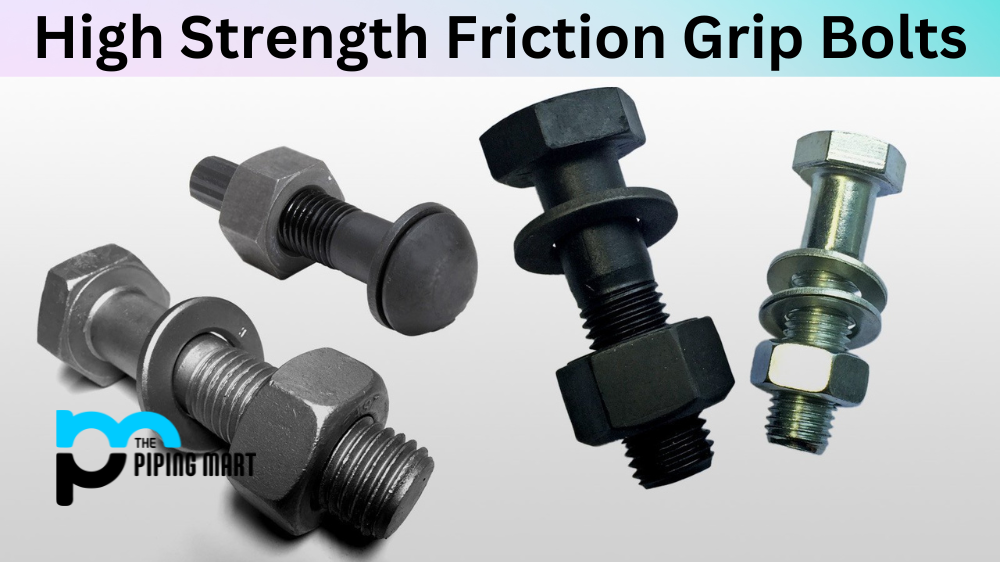As an expert in fasteners, it’s important to understand different types of stainless steel fasteners. A2 and A4 stainless steel fasteners are two commonly used types of fasteners that are often confused with each other. Although they look similar and perform similar functions, some key differences between A2 and A4 stainless steel fasteners can impact their use significantly. This blog post will explore what distinguishes A2 and A4 stainless steel fasteners.
What is A2 and A4 Stainless Steel Fasteners?
A2 and A4 stainless steel fasteners are corrosion-resistant metal screws, bolts, and nuts. The difference is that A2 has a higher percentage of chromium content than A4, making it more corrosion-resistant. Both have excellent strength and durability while lighter than standard metals such as zinc-plated steel or brass.
Difference Between A2 and A4 Stainless Steel Fasteners
Composition
The main difference between A2 and A4 fasteners lies in their composition. A2 grade stainless steel fasteners are made from a combination of 18% chromium and 8% nickel, while A4 grade fasteners have an additional component of 2% molybdenum added to the mixture. The presence of molybdenum in A4 stainless steel increases its corrosion resistance, making it ideal for use in harsh environments.
Corrosion Resistance
A4 stainless steel fasteners have higher corrosion resistance than A2 stainless steel fasteners. Adding molybdenum in A4 grade fasteners enhances the material’s ability to resist pitting and crevice corrosion, especially in marine environments where exposure to saltwater is common. Therefore, it is recommended to use A4 grade fasteners in coastal areas or in applications where they will be exposed to saltwater or acidic substances.
Strength
A2 and A4 grade stainless steel fasteners have different levels of strength. A2 stainless steel fasteners are less strong as they are typically made from a lower grade of steel. A4 stainless steel fasteners, on the other hand, are stronger due to the presence of molybdenum in the alloy. This means that A4 grade fasteners can withstand greater stress and load than A2 grade fasteners.
Magnetic Properties
One of the key differences between A2 and A4-grade stainless steel fasteners is their magnetic properties. A2 grade fasteners are typically non-magnetic, while A4 grade fasteners are magnetic. This means that A4 grade fasteners may not be suitable for applications that interfere with magnetic fields.
Cost
A2 grade stainless steel fasteners are more cost-effective than A4 grade fasteners. This is because A2 grade fasteners are made from a lower grade of steel and do not contain molybdenum, a more expensive element. However, the cost consideration should be balanced against the specific application’s requirements.
Conclusion:
In conclusion, while A2 and A4 stainless steel fasteners may look similar, they are not interchangeable. A2 grade stainless steel fasteners are suitable for most applications, while A4 grade fasteners are best suited for harsh environments such as those in marine applications. Adding molybdenum in A4 grade fasteners enhances their corrosion resistance and strength, making them magnetic compared to A2 grade fasteners. Knowing the difference between A2 and A4 stainless steel fasteners can help you choose the right fasteners for your application, ensuring optimal performance and durability.
Rachana is a dedicated and ambitious young woman who has made a name for herself in the metal industry. From her earliest days in the industry, Rachana showed a natural talent for problem-solving and a keen eye for detail. In her free time, She enjoys reading up on the latest advancements in the industry, as well as exploring new ways to innovate and improve upon existing processes.




